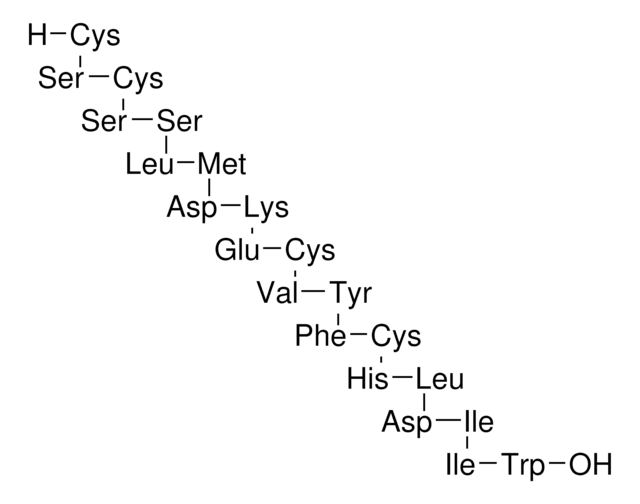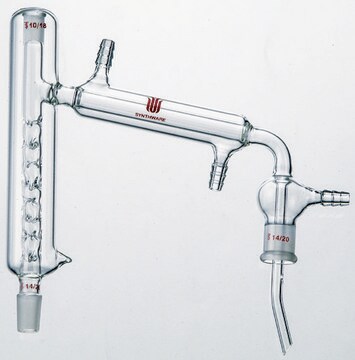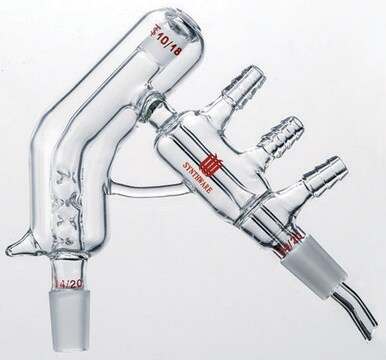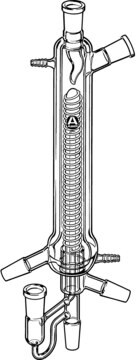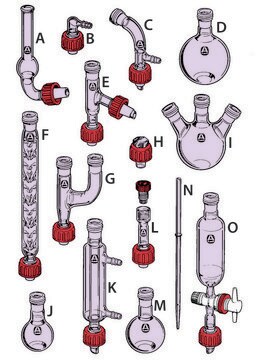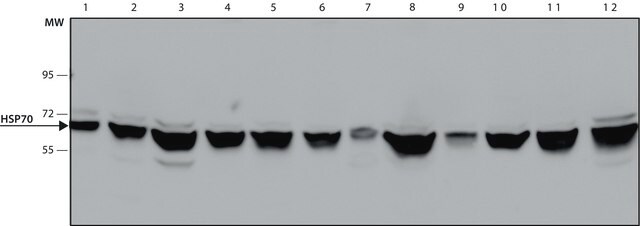05-23-3800
Endothelin 1, Human and Porcine
Endothelin 1, Human and Porcine, CAS 117399-94-7, is a 21-amino acid polypeptide with potent vasoconstrictive action. Activates phospholipase C in fibroblasts expressing ETA receptors.
Synonym(s):
Endothelin 1, Human and Porcine, ET-1, ET-1, CSCSSLMDKECVYFCHLDIIW, PPET1, Preproendothelin-1
About This Item
Recommended Products
biological source
Porcine
human
Quality Level
Assay
≥96% (HPLC)
form
solid
mol wt
2491.9 g/mol
manufacturer/tradename
Calbiochem®
storage condition
(Tightly closed Dry)
OK to freeze
desiccated
technique(s)
cell culture | mammalian: suitable
color
white to off-white
solubility
5% acetic acid: 0.5 mg/mL
shipped in
ambient
storage temp.
−20°C
InChI
1S/C109H159N25O32S5/c1-12-56(9)87(107(163)125-76(109(165)166)39-60-43-113-65-24-18-17-23-63(60)65)134-108(164)88(57(10)13-2)133-99(155)75(42-85(143)144)123-94(150)70(36-54(5)6)118-97(153)73(40-61-44-112-52-114-61)121-103(159)80-49-169-168-48-64(111)89(145)126-77(45-135)102(158)131-81-50-170-171-51-82(105(161)132-86(55(7)8)106(162)124-72(38-59-26-28-62(138)29-27-59)95(151)120-71(96(152)130-80)37-58-21-15-14-16-22-58)129-91(147)67(30-31-83(139)140)116-90(146)66(25-19-20-33-110)115-98(154)74(41-84(141)142)122-92(148)68(32-34-167-11)117-93(149)69(35-53(3)4)119-100(156)78(46-136)127-101(157)79(47-137)128-104(81)160/h14-18,21-24,26-29,43-44,52-57,64,66-82,86-88,113,135-138H,12-13,19-20,25,30-42,45-51,110-111H2,1-11H3,(H,112,114)(H,115,154)(H,116,146)(H,117,149)(H,118,153)(H,119,156)(H,120,151)(H,121,159)(H,122,148)(H,123,150)(H,124,162)(H,125,163)(H,126,145)(H,127,157)(H,128,160)(H,129,147)(H,130,152)(H,131,158)(H,132,161)(H,133,155)(H,134,164)(H,139,140)(H,141,142)(H,143,144)(H,165,166)
InChI key
ZUBDGKVDJUIMQQ-UHFFFAOYSA-N
General description
Endothelin 1 (ET-1) is a peptide hormone located in the endothelial cells and belongs to the endothelin family. It is a derivative of pre-pro-ET-1 which is later converted to mature ET-1 by a group of ET-converting enzymes (ECEs), endopeptidases, chymases, and non-ECE metalloproteinases. The EDN1 gene is mapped to the human chromosome at 6p24.1.
Application
- to study its effects on the production of erythropoietin under normoxia and carbon monoxide-induced hypoxia in rat models
- as a protein kinase C (PKC) agonist to study its effects on the phosphorylation of myofilament proteins in rat myocytes
- to induce a hypertrophic-like state to study its effects on contraction pressure in normal and mutated human induced pluripotent stem cells (hiPSC)-derived cardiomyocytes
Biochem/physiol Actions
Packaging
Warning
Sequence
Physical form
Preparation Note
Reconstitution
Other Notes
Gresser, O., et al 1996. Biochem. Biophys. Res. Commun.224, 169.
Murata, S., et al. 1995. J. Pharmacol. Exp. Ther. 274, 1524.
Hexum, T.D., et al. 1990. Biochem. Biophys. Res. Commun. 167, 294.
Itoh, Y., et al. 1988. FEBS Lett. 231, 440.
Yanagisawa, M., et al. 1988. Nature 332, 411.
Legal Information
Storage Class Code
11 - Combustible Solids
WGK
WGK 3
Flash Point(F)
Not applicable
Flash Point(C)
Not applicable
Certificates of Analysis (COA)
Search for Certificates of Analysis (COA) by entering the products Lot/Batch Number. Lot and Batch Numbers can be found on a product’s label following the words ‘Lot’ or ‘Batch’.
Already Own This Product?
Find documentation for the products that you have recently purchased in the Document Library.
Our team of scientists has experience in all areas of research including Life Science, Material Science, Chemical Synthesis, Chromatography, Analytical and many others.
Contact Technical Service